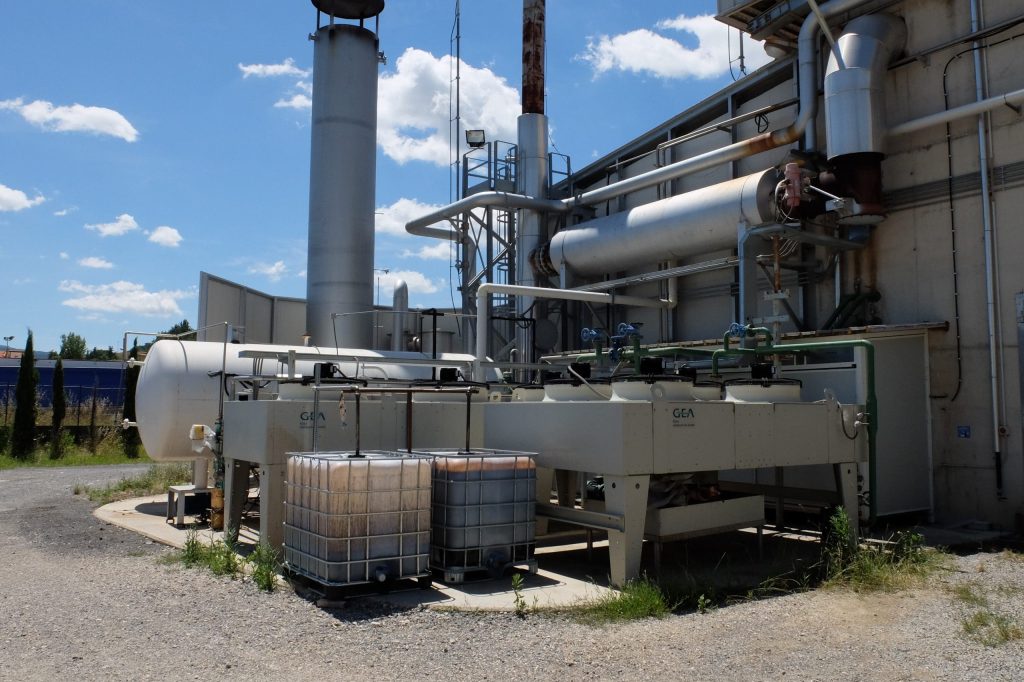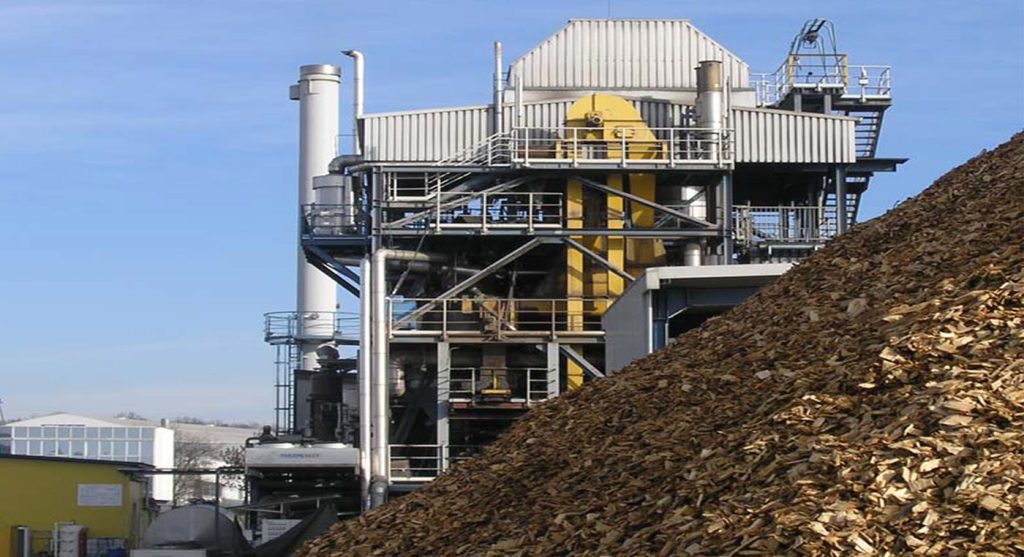services
Gasification
- Gasification is a process that converts biomass- or fossil fuel based carbonaceous materials into syn gases, including as the largest fractions: nitrogen (N2), carbon monoxide (CO), hydrogen (H2), and carbon dioxide (CO2). This is achieved by reacting the feedstock material at high temperatures (typically >700 °C), without combustion, via controlling the amount of oxygen and/or steam present in the reaction. The resulting gas mixture is called syngas (from synthesis gas) or producer gas and is itself a fuel due to the flammability of the H2 and CO of which the gas is largely composed. Power can be derived from the subsequent combustion of the resultant gas, and is considered to be a source of renewable energy if the gasified compounds were obtained from biomass feedstock.
- Syngas is most commonly burned directly in gas engines, used to produce methanol and hydrogen, or converted via the Fischer–Tropsch process into synthetic fuel. For some materials gasification can be an alternative to landfilling and incineration, resulting in lowered emissions of atmospheric pollutants such as methane and particulates. Some gasification processes aim at refining out corrosive ash elements such as chloride and potassium, allowing clean gas production from otherwise problematic feedstock material. Gasification of fossil fuels is currently widely used on industrial scales to generate electricity. Gasification can generate lower amounts of some pollutants as SOx and NOx than combustion.


Feedstock: There are a large number of different feedstock types for use in a gasifier, each with different characteristics, including size, shape, bulk density, moisture content, energy content, chemical composition, ash fusion characteristics, and homogeneity of all these properties. Coal and petroleum coke are used as primary feedstocks for many large gasification plants worldwide. Additionally, a variety of biomass and waste-derived feedstocks can be gasified, with wood pellets and chips, waste wood, plastics and aluminium, Municipal Solid Waste (MSW), Refuse-derived fuel (RDF), agricultural and industrial wastes, sewage sludge, switch grass, discarded seed corn, corn stover and other crop residues all being used
Current applications
Syngas can be used for heat production and for generation of mechanical and electrical power. Like other gaseous fuels, producer gas gives greater control over power levels when compared to solid fuels, leading to more efficient and cleaner operation. Syngas can also be used for further processing to liquid fuels or chemicals. Heat Electricity Combined heat and power and Renewable Energy Fuels like DME, Methanol and Hydrogen by conversion processes
